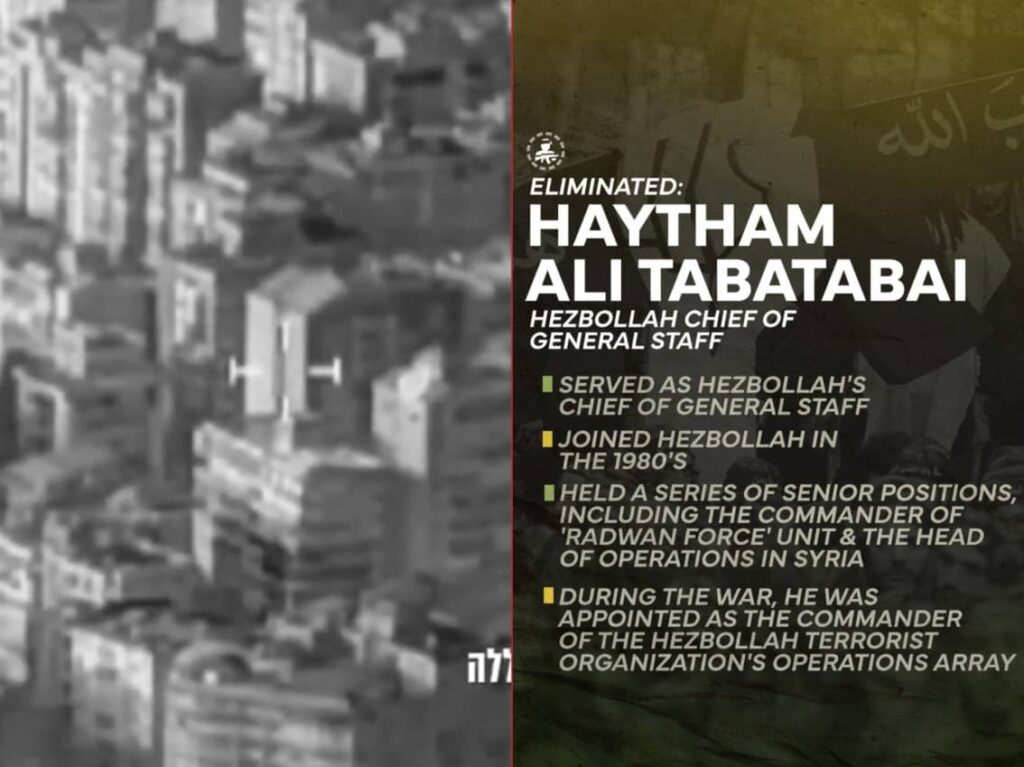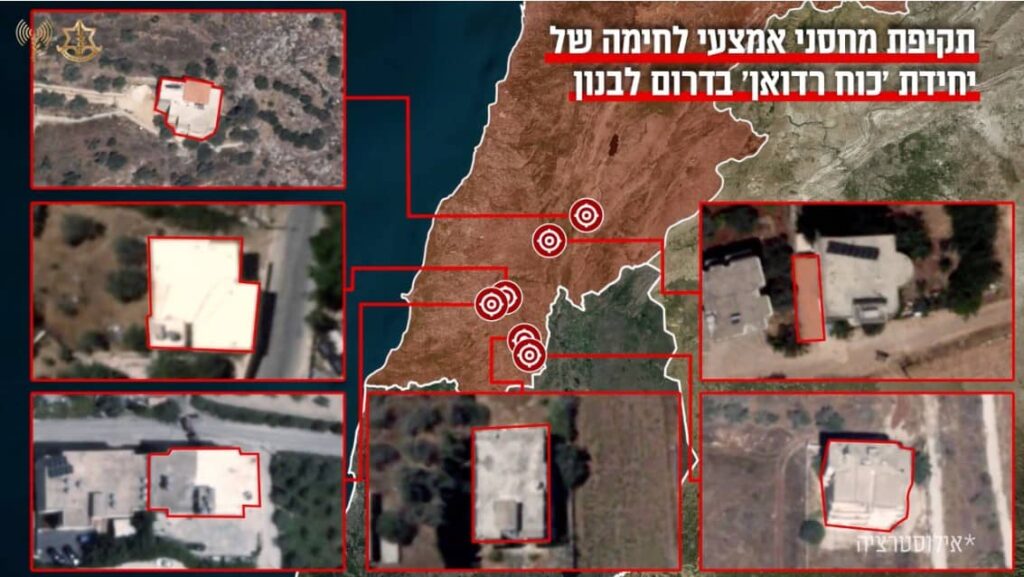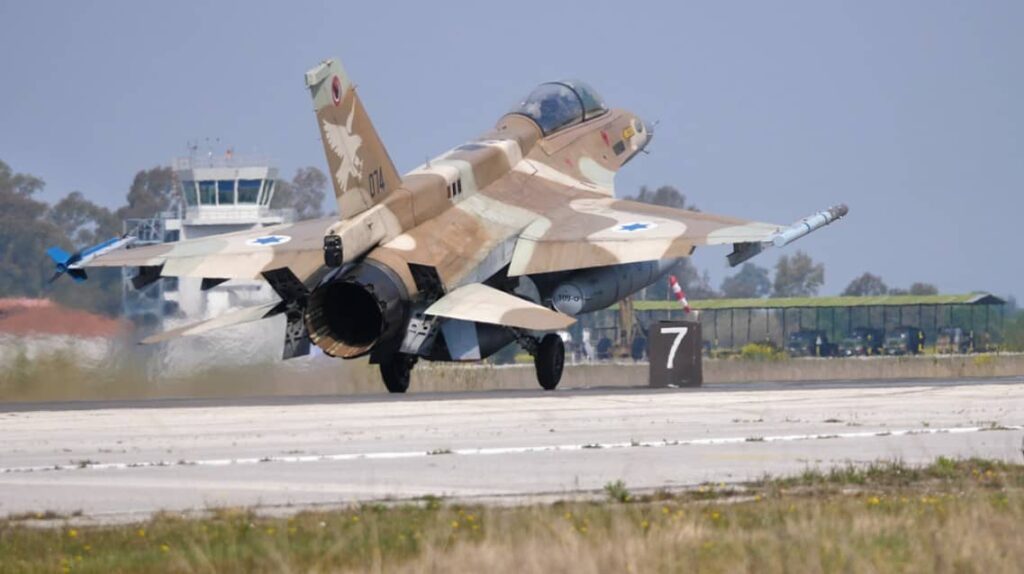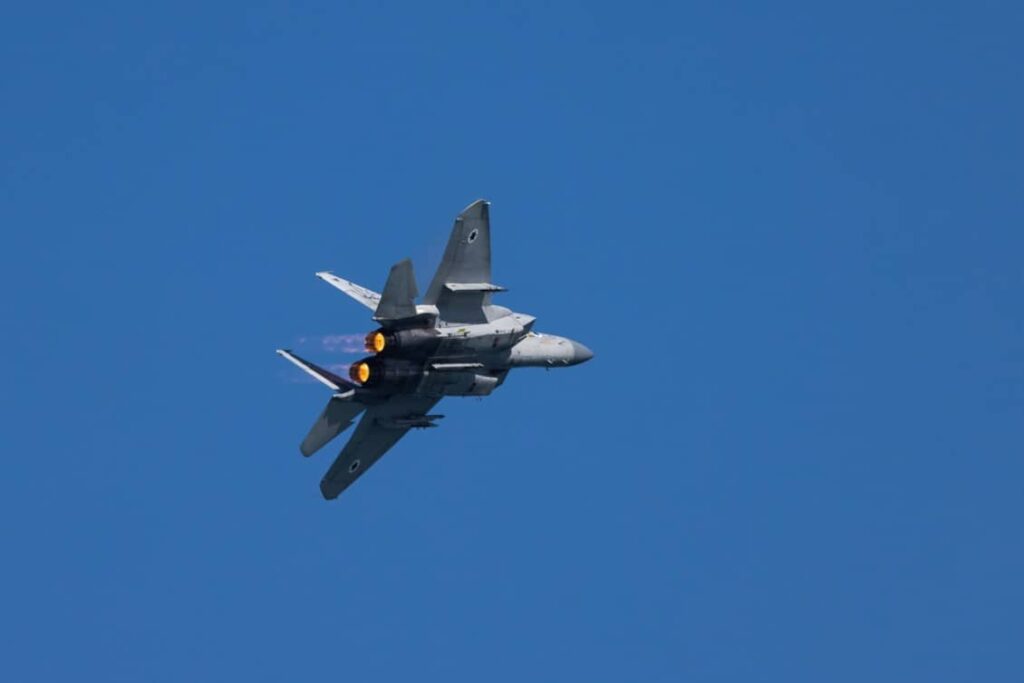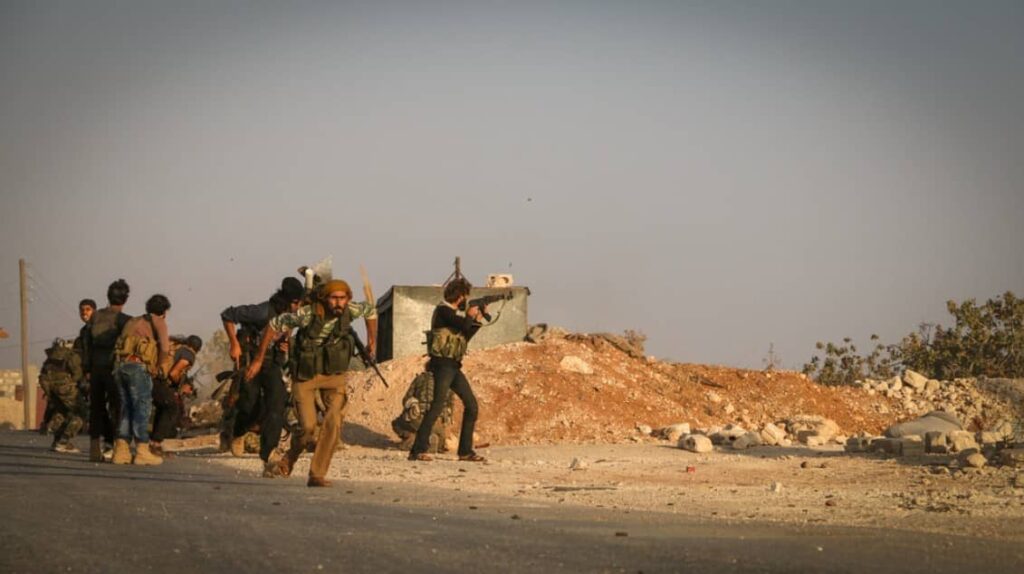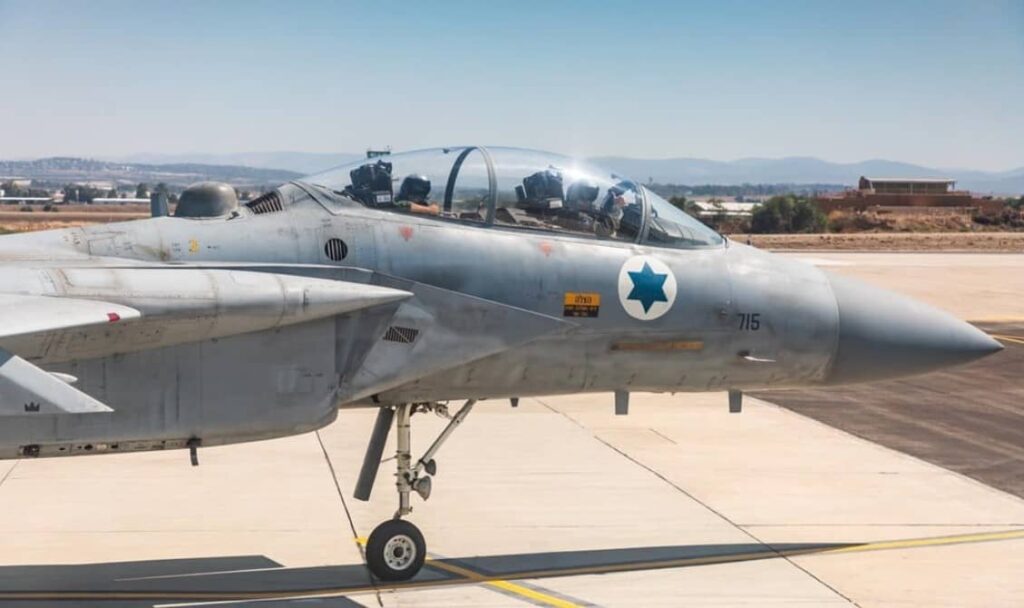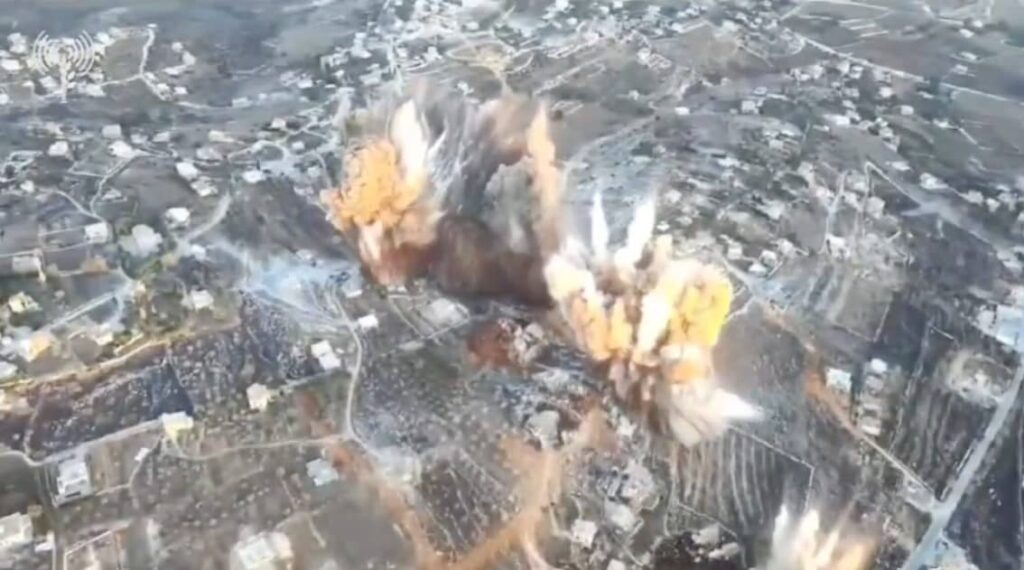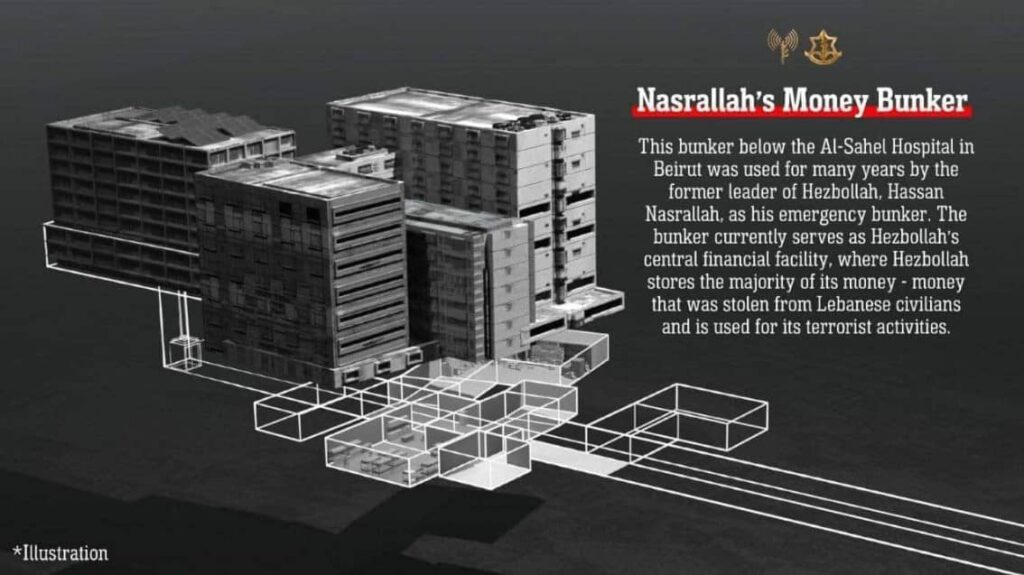Hezbollah Faces Crisis After Assassination of Hassan Nasrallah
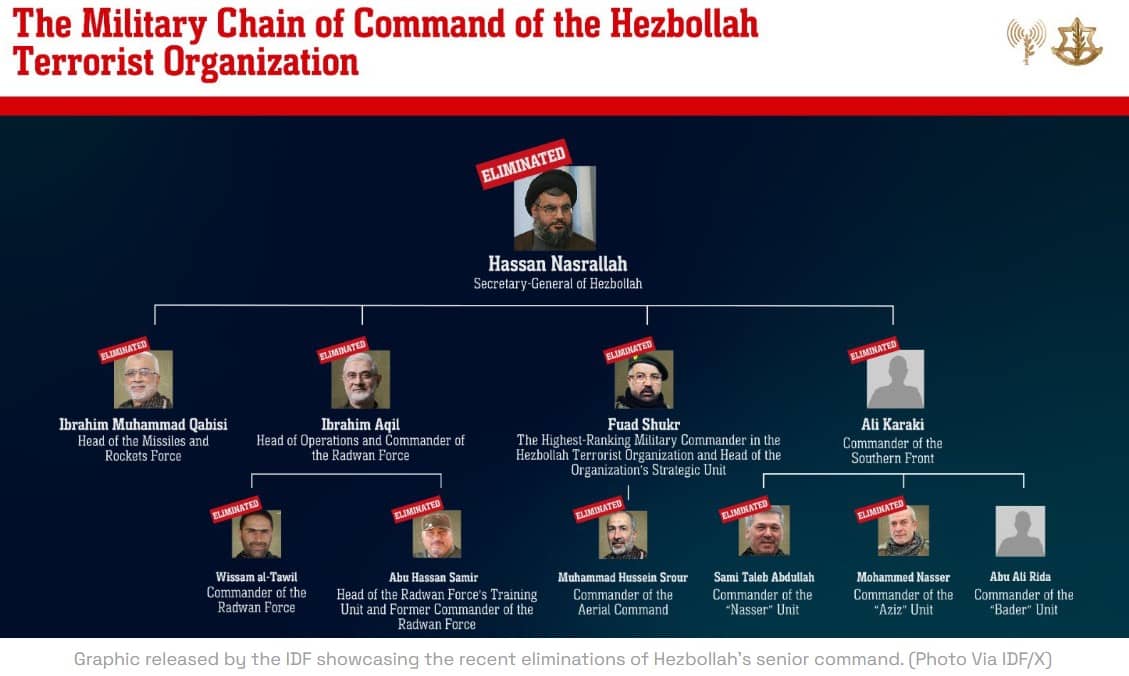
The assassination of Hezbollah’s Secretary General, Hassan Nasrallah, by Israeli forces has reportedly plunged the Lebanese militant group into crisis. The killing of Nasrallah on Friday, confirmed by both Israeli and U.S. officials, comes amid a series of coordinated strikes by the Israel Defense Forces (IDF) that have severely crippled Hezbollah’s leadership and operational capabilities. The group now faces the urgent challenge of addressing internal security failures that allowed for the infiltration of Israeli intelligence into its ranks.
The airstrike was executed by the Israel Air Force (IAF) using F-15I Ra’am jets from the 69th Squadron based at Hatzerim Airbase. The jets were armed with GPS-guided GBU-31(V)3/B Joint Direct Attack Munitions (JDAM) bunker-buster bombs, designed to penetrate deeply into fortified underground structures like Hezbollah’s command center. The Israeli Air Force reported that multiple bombs were used, causing catastrophic damage and creating craters up to 30 meters deep. Nasrallah, along with over 20 senior Hezbollah operatives, including his second-in-command Ali Karaki, were killed in the strike.
Removing the bodies from Hezbollah Leader Hassan Nasrallah's bunker in Dahiyeh, Beirut after Israeli airstrikes.
— Clash Report (@clashreport) September 29, 2024
Massive crater formed following airstrikes with about 85 bunker-buster bombs weighing between 2,000 pounds each, fired from IAF 69th Squadron F-15I jets. pic.twitter.com/ktjrVxcNx5
Israeli Prime Minister Benjamin Netanyahu reportedly authorized the operation while attending the United Nations General Assembly in New York. The attack followed a string of Israeli operations that targeted Hezbollah’s supply lines, command structures, and key personnel. Over the past week, eight out of nine senior Hezbollah commanders have been killed, including Nasrallah. According to White House National Security spokesman John Kirby, Hezbollah’s leadership structure has been “nearly decimated,” with thousands of its drones and missiles also destroyed in the process.
We searched up “dismantled” on the internet, this is the picture that came up: pic.twitter.com/C5p3jmhwIZ
— Israel Defense Forces (@IDF) September 28, 2024
Iran, a key supporter of Hezbollah, also suffered a significant loss in the Israeli strike. General Abbas Nilforushan, a prominent commander of Iran’s Revolutionary Guard, was killed alongside Nasrallah. Nilforushan, known for overseeing ground operations within the Guard, had long been involved in Iran’s regional strategy of using Hezbollah as a counterbalance to Israel and the United States. His death increases pressure on Iran to respond, even as Tehran has signaled its willingness to negotiate with the West over its struggling economy.
Nasrallah’s assassination highlights a major intelligence coup for Israel. Reports suggest that Israeli intelligence had been tracking Nasrallah for over 20 years, waiting for the right opportunity to strike. The operation was further enabled by Israel’s infiltration of Hezbollah’s communications network, culminating in the detonation of hundreds of booby-trapped devices within the organization’s communication system just days before Nasrallah’s killing.
As Hezbollah reels from the loss of its leader, experts warn that the group will likely attempt to regroup. Magnus Ranstorp, a veteran Hezbollah expert, noted that while the organization is significantly weakened, it remains capable of launching retaliatory attacks. Kirby echoed this sentiment, stating that Hezbollah still poses a threat, particularly to U.S. and Israeli interests in the region.

